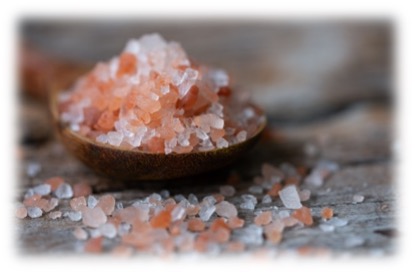It’s a common part of social life, and I, like millions of us enjoy a drink to relax. But it’s crucial to understand how alcohol can impact your hard-earned progress in the gym and on the track. This article will delve into the effects of alcohol on your health and fitness, hopefully helping you make informed choices about your own consumption.
The Science Behind the Buzz (and the Burn)
Alcohol, chemically known as ethanol, is a toxin. When you drink, your liver works hard to process it, prioritising this task over other functions. This process has several knock-on effects that can hinder your fitness journey:
- Dehydration: Alcohol is a diuretic, meaning it increases urine production. This can lead to dehydration, which impairs performance, slows recovery, and can even lead to injury. Think about that long run or intense workout – proper hydration is crucial, and alcohol works against you.
- Impaired Muscle Recovery: Alcohol interferes with protein synthesis, the process by which your muscles repair and rebuild after exercise. This means slower recovery times, reduced muscle growth, and increased muscle soreness. All those hours in the gym can be less effective if you’re regularly consuming alcohol.
- Hormonal Disruptions: Alcohol can affect hormone levels, including testosterone (important for muscle growth) and cortisol (the stress hormone, which can break down muscle tissue). These hormonal imbalances can negatively impact your body composition and overall fitness.
- Nutrient Absorption Interference: Alcohol can interfere with the absorption of essential nutrients, including vitamins and minerals. These nutrients are vital for energy production, muscle function, and overall health. Even if you’re eating a healthy diet, alcohol can prevent your body from fully utilizing the nutrients you consume.
- Calorie Overload: Alcoholic beverages can be surprisingly high in calories, often “empty calories” that provide no nutritional value. These extra calories can contribute to weight gain and hinder your efforts to achieve or maintain a healthy body weight. Consider the impact of those post-race celebratory drinks!
- Sleep Disruption: This for me is the absolute killer as I love a good night’s sleep. While alcohol might initially make you feel drowsy, it almost always disrupts your sleep later in the night. Poor sleep negatively impacts recovery, hormone balance, and overall performance. Quality sleep is essential for maximizing your fitness gains. If, like me you wear a Garmin or other fitness/sleep tracker then take a look at your sleep quality/duration and resting heart rate (RHR) the day after a few drinks the previous evening and you will undoubtedly see an increased RHR (mines normally 3-5 bpm higher the day after alcohol) and a poor duration and quality of sleep. Once you see the damage the over-indulgence does it makes it so much easier to moderate your consumption and take complete alcohol-free days.
How Much is Too Much?
The impact of alcohol varies depending on factors like body weight, gender, genetics, and the amount consumed. In my opinion, the key, as with most things that we know are ‘bad for us’ is moderation. If we cut out everything that the authorities tell us is bad for us then life would be a pretty dull affair and if you need an authority to tell you how much you can hurt yourself then you probably need to question your adulting ability! That said…. the NHS recommends that men and women drink no more than 14 units of alcohol per week. This should be spread out over at least three days.
What does this mean?
- 14 units is about six medium glasses of wine (175 ml) or six pints of 4% beer
- Drinking more than 14 units per week increases the risk of health problems
- Drinking more than the recommended amount can lead to long-term physical and mental health problems
However, if you’re serious about your fitness goals, even these amounts might be too much. You decide, and take responsibility for your actions.
Making Informed Choices:
- Prioritize Hydration: If you choose to drink, make sure to drink plenty of water before, during, and after consuming alcohol.
- Choose Wisely: Opt for lower-calorie options like spirits with low-sugar mixers or light beers. Avoid sugary cocktails and excessive amounts of wine.
- Time it Right: Avoid consuming alcohol immediately after intense workouts. Give your body time to recover and rehydrate before having a drink.
- Listen to Your Body: Pay attention to how alcohol makes you feel. If you notice negative impacts on your performance or recovery, consider reducing or eliminating your consumption.
The Bottom Line:
While enjoying a drink occasionally is unlikely to completely derail your fitness goals, regular or excessive alcohol consumption can significantly hinder your progress. By understanding the impact of alcohol on your body, you can make informed choices that support your health and fitness aspirations. Remember, your health is an investment, and every choice you make contributes to your overall well-being. If you have any concerns about your alcohol consumption, please consult with a healthcare professional.
Steve Sears, Personal Trainer

